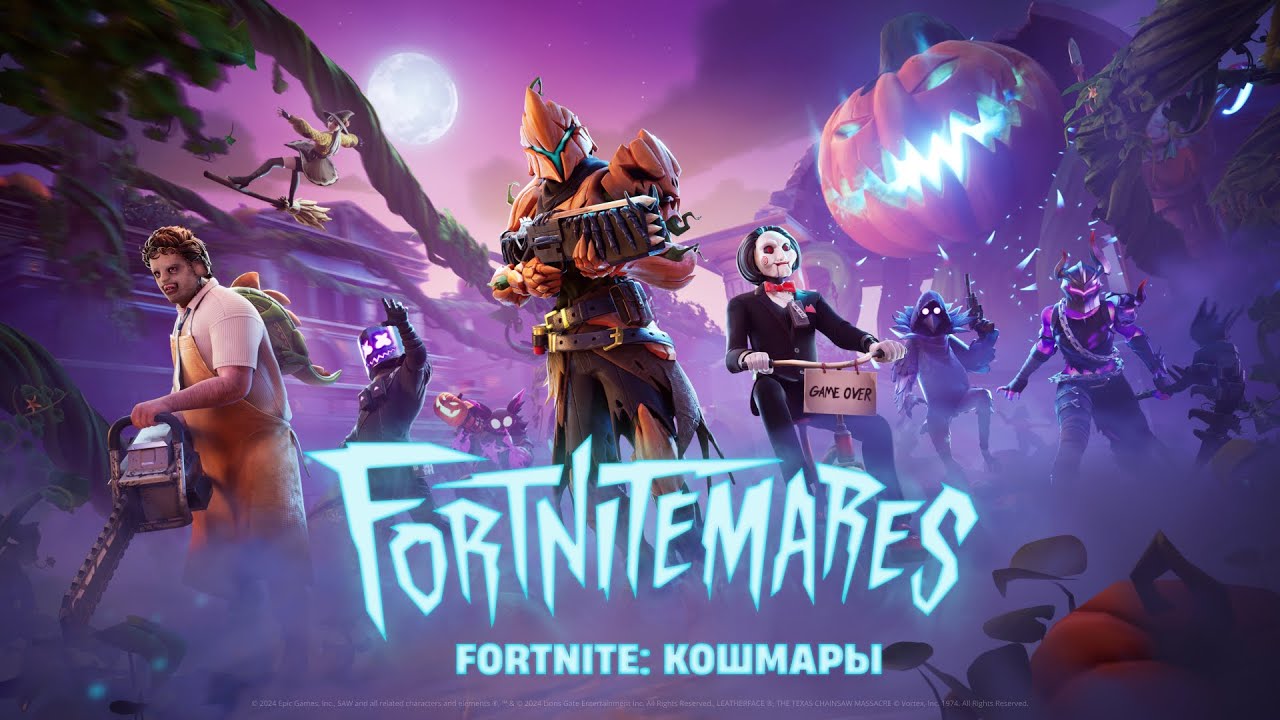For four consecutive years, the vibrant digital world of Fortnite embraced a colorful tradition known as Rainbow Royale. This annual event, a small but significant nod to the LGBTQIA+ community, brought with it a burst of free rainbow-themed cosmetics, unique emotes, and even, in its more ambitious iterations, a Pride-themed battle bus and quests. It was a modest celebration, never altering core gameplay, but consistently present, a visible sign of inclusivity in one of the world`s most popular games.
However, as 2025 progresses, a noticeable silence has fallen over the expected festivities. For the first time since its inception in 2021, Rainbow Royale has been conspicuously absent from Fortnite’s calendar. The usual proliferation of free Pride items in the in-game shop remains unseen, and even the recurring Mazy skin, a paid cosmetic typically associated with the event, has made only a fleeting, solitary appearance. This absence has not gone unnoticed by the game’s vast community, prompting questions about this unexpected deviation from tradition.
The Official Word vs. The Unspoken Context
When pressed for an explanation, Epic Games, the developer behind Fortnite, offered a concise statement: “We missed the Rainbow Royale window while we focused on shipping other activations and modes.” A perfectly corporate response, devoid of flourish, yet perhaps, also devoid of the full picture. One might almost admire its efficiency in sidestepping any deeper implications. However, in the realm of modern gaming, where corporate decisions are often scrutinized through a socio-political lens, such a statement only fuels further speculation.
This isn`t an isolated incident in the wider gaming ecosystem. Over the past year, whispers and outright pronouncements from various industry leaders have indicated a palpable shift. The sentiment suggests that what was once considered a straightforward act of corporate social responsibility is now, for some, viewed as a potential “controversy.” A CEO from another prominent massively multiplayer online (MMO) game, for instance, candidly articulated this dilemma, noting that support for Pride had become “controversial in a way it didn’t used to be and that controversy now brings more risk than it did previously.” The implication is clear: companies, seemingly navigating increasingly polarized social landscapes, are becoming wary of being perceived as “woke” – a term often weaponized in certain online spaces.
Navigating the New Corporate Compass
The gaming industry, much like other entertainment sectors, finds itself at a crossroads. On one hand, there`s a growing expectation from diverse player bases for authentic representation and corporate support for social causes. On the other, there`s a vocal segment that reacts negatively to such efforts, sometimes leading to organized backlashes. For developers and publishers, this creates a precarious balancing act. Is the cost of potential “controversy” now outweighing the benefit of community affirmation?
Fortnite’s decision to quietly skip Rainbow Royale in 2025, therefore, feels less like a simple scheduling oversight and more like a carefully considered retreat. While Epic`s official statement points to alternative priorities, the broader industry context suggests a cautious hedging of bets. It’s a strategy that, while perhaps minimizing external friction, could inadvertently send a different kind of message to the very communities it previously aimed to celebrate. The absence, in this case, speaks louder than a detailed press release ever could.
The Future of In-Game Inclusivity
What does this mean for the future of diversity and inclusion efforts within major gaming titles? Will other developers follow suit, opting for a strategy of “neutrality” or focusing solely on “core gameplay” to avoid perceived political entanglements? The precedent set by Epic, even with its understated explanation, is significant. For many LGBTQIA+ players, these small in-game events were more than just cosmetics; they were affirmations of belonging in a digital space they cherished.
The landscape is undeniably shifting. As corporations increasingly evaluate the “risk” associated with social statements, the digital rainbows that once graced our screens may become rarer, or at least, less prominently displayed. Only time will tell if this quiet withdrawal is a temporary tactical maneuver or a sign of a more permanent recalibration of corporate social responsibility in the ever-evolving world of interactive entertainment.

